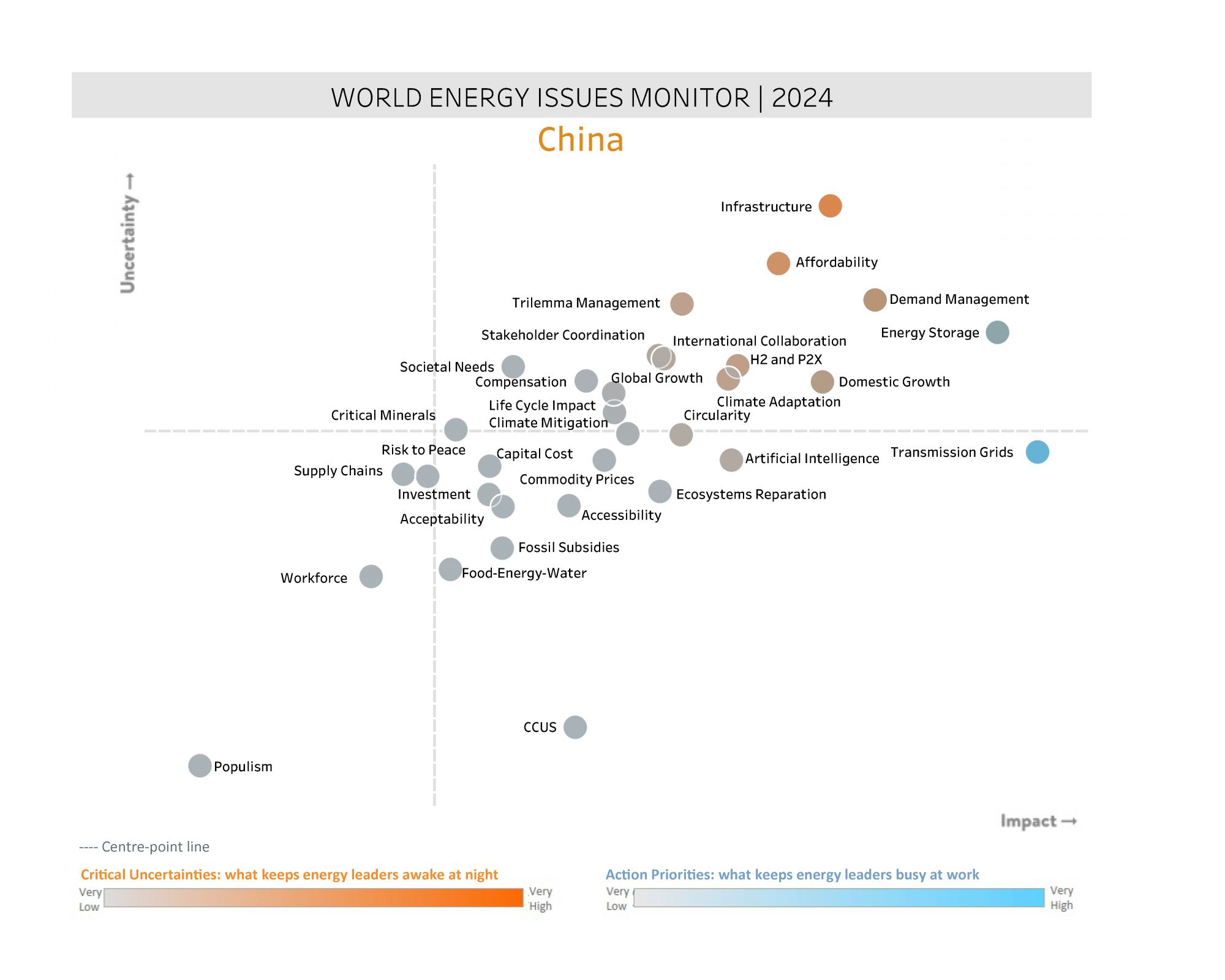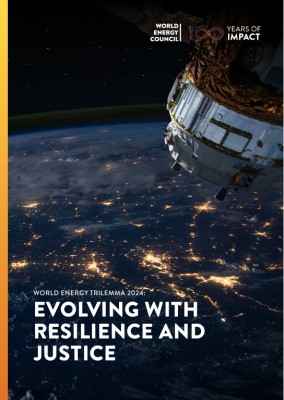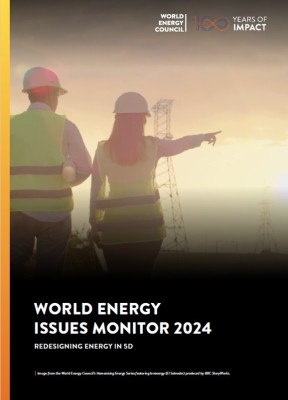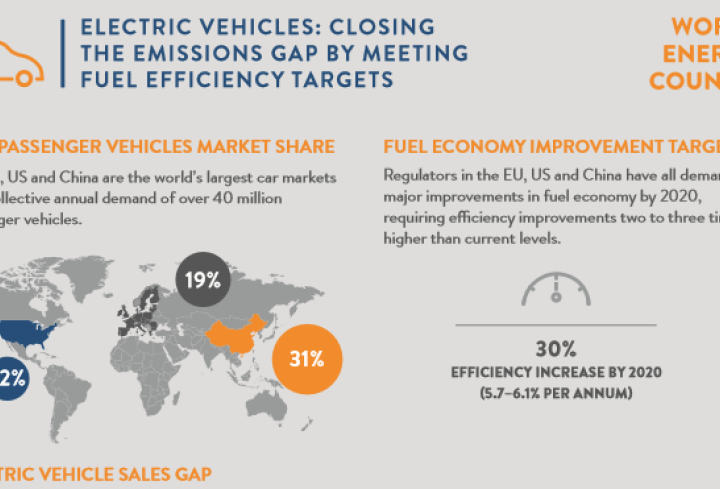The China National Committee aims to promote sustainable energy development in China, as a part of the World Energy Council's energy vision. As a member of the World Energy network, the organisation is committed to representing the Chinese perspective within national, regional and global energy debates. The committee includes a variety of members to ensure that the diverse energy interests of China are appropriately represented. Members of the committee are invited to attend high-level events, participate in energy-focused study groups, contribute to technical research and be a part of the global energy dialogue.
Energy in China

Downloads

China World Energy Trilemma Country Profile
Download PDF
World Energy Trilemma Report 2024
Download PDF





